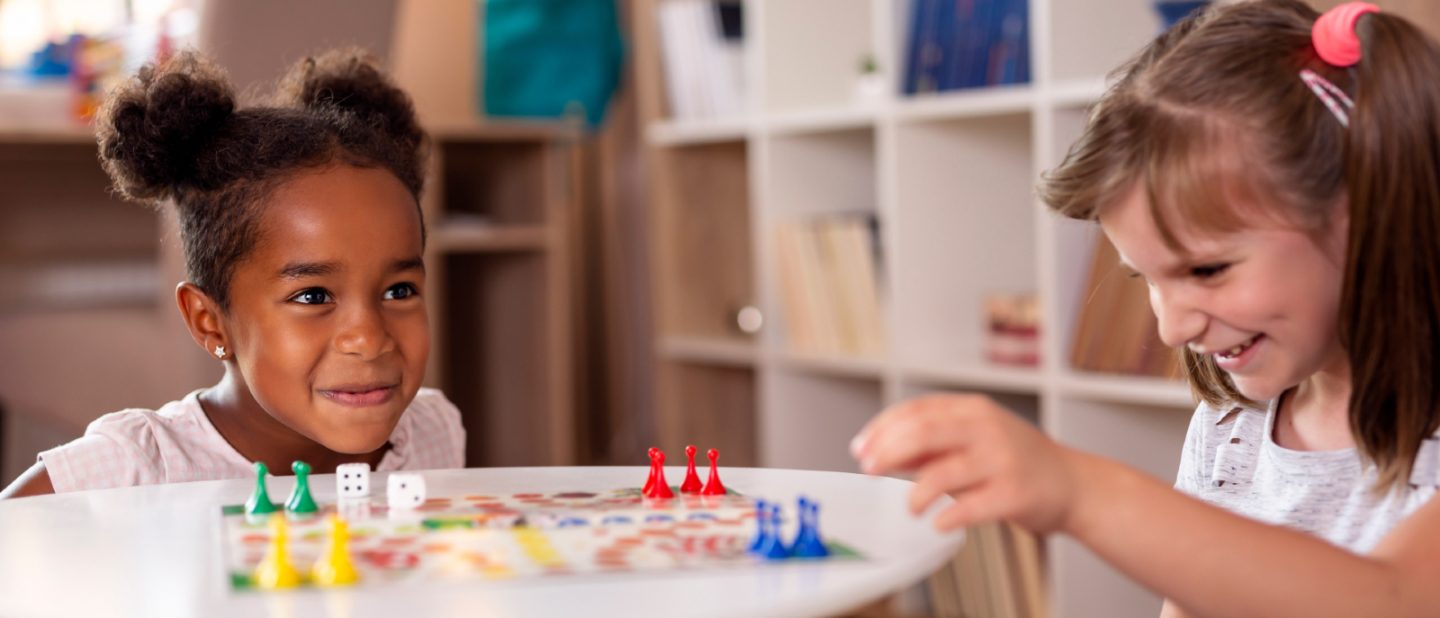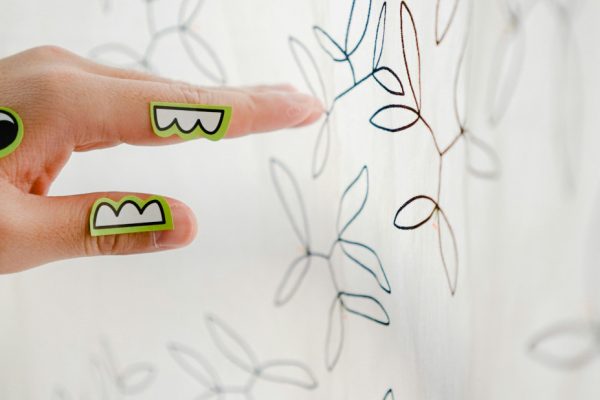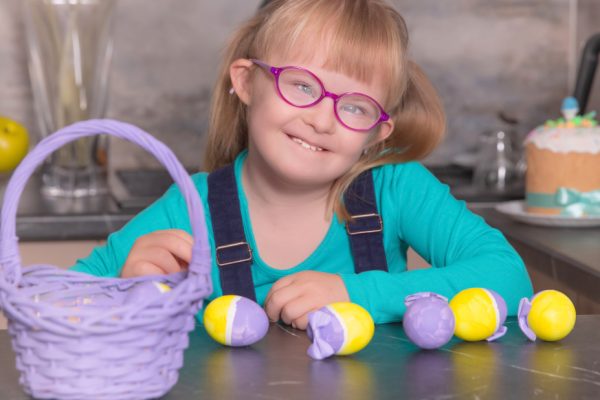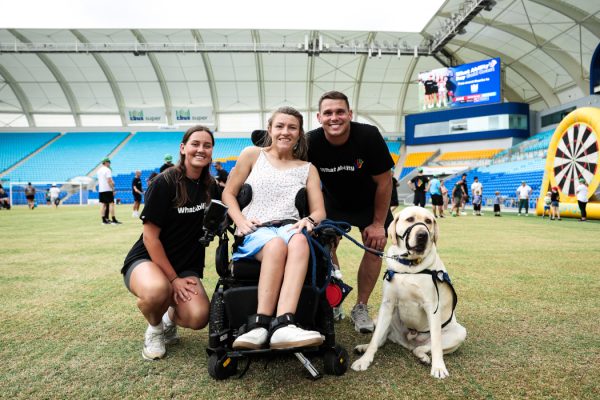
Ways to make game time accessible and inclusive
When the evenings draw in, or it’s just not the weather to be outside, there’s nothing quite like a few traditional games to pass the time. A good gaming session is not only great fun but so many games also offer brilliant development opportunities – social, emotional and cognitive.
How many times however, have you looked at a game and realised that it’s just not going to be possible for your child to easily participate? Whether it’s physical limitations, sensory sensitivities, cognitive barriers, or communication differences, these obstacles can sometimes put a damper on the game before things have even got underway.
Thankfully, modified games that cater to different abilities and needs are becoming more common; we’ve listed a few of our favourites below. Plus, there are some practical tips and tricks for adapting your game nights (or afternoons!) to make sure everyone feels welcome and included:
Adapted games
Scrabble: There’s a version of the classic word game that features Braille tiles, allowing visually impaired players to participate. Also, a large print version of the game is available where the board has large squares with pegs at each corner, so the tiles sit securely in place
Uno with Braille: A card game where the cards feature Braille symbols alongside the regular numbers and colours.
Magnetic Scrabble: A version of Scrabble with magnetic tiles that adhere to the game board, making it easier for individuals with limited dexterity to move and position the tiles.
Magnetic ludo: Another game that uses magnets to stop those little pieces being easily knocked around.
Large Print Playing Cards: Standard playing cards with enlarged print, making it easier for individuals with visual impairments to read the suits and values.
Tactile chess: These feature easily differentiable squares and pieces. Additionally, the pieces stay in place with pegs on the base making it a great option for anyone with fine motor issues.
Ways to make a gaming session more inclusive
Assistive devices
Make use of items such as card holders, card shufflers, or card dispensers – they can provide independence for individuals with limited hand dexterity or mobility.
Switch adaptions
A switch button might make it easier to play some games for people that have difficulty using their hands. You can use a switch to do things like rolling dice and rotating a bingo cage. You can purchase toys and games that are already switch-adapted or you can use a battery interrupter to adapt most battery operated toys and games to be activated by a switch.
Other tech
Did you know that Google or Siri can come to your aid if it’s physically difficult to roll or read dice? Simply ask to “Roll the dice” with Siri or “roll two dice” with Google Assistant they will roll two six-sided dice for you.
AAC
How about prepping some communication boards or use picture cards for specific games? One of our Source Kids’ devices has some gaming boards already set up in the system. Chat to your speechie if your child has a favourite game you’d like to set up.
Collaborative play
Encouraging collaborative gameplay where players work together rather than compete can be beneficial for children who may struggle with competitive aspects or have difficulties with strategic planning.
Keep turns short
Minimising the time taken for each turn can help players stay focussed and in the game.
Extra time
Allowing additional time for players to take their turns or providing timers with adjustable settings can support anyone who needs more time due to cognitive or physical challenges.
Social stories
A social story can help your child understand how the game play will unfold along with some of the reactions they may encounter.
Game buddies
Assign someone a game buddy or facilitator who can provide assistance, read instructions aloud, or help with game mechanics
By making gaming time inclusive, we’re not only providing our kids with brilliant development opportunities, but we’re also building a welcoming space that’s a source of joy, connection, and personal development for everyone.







